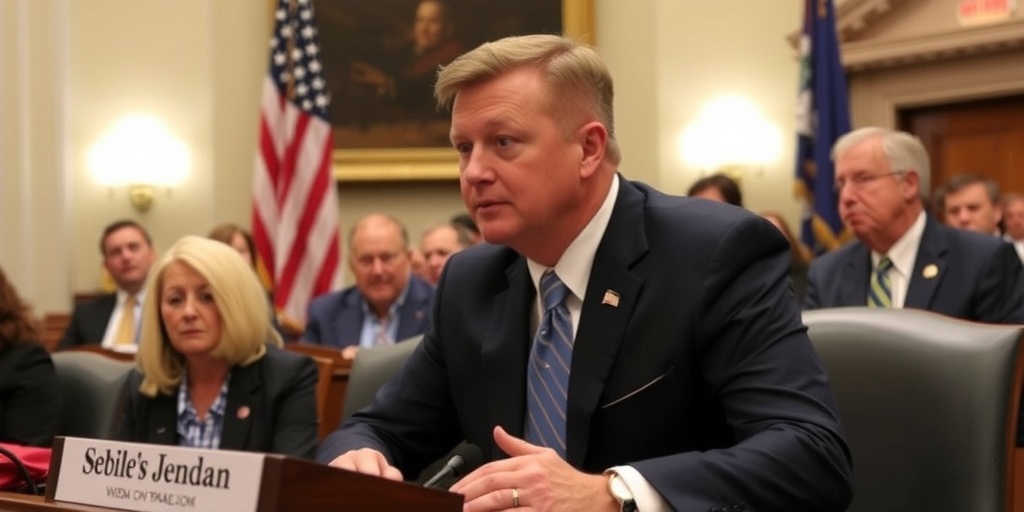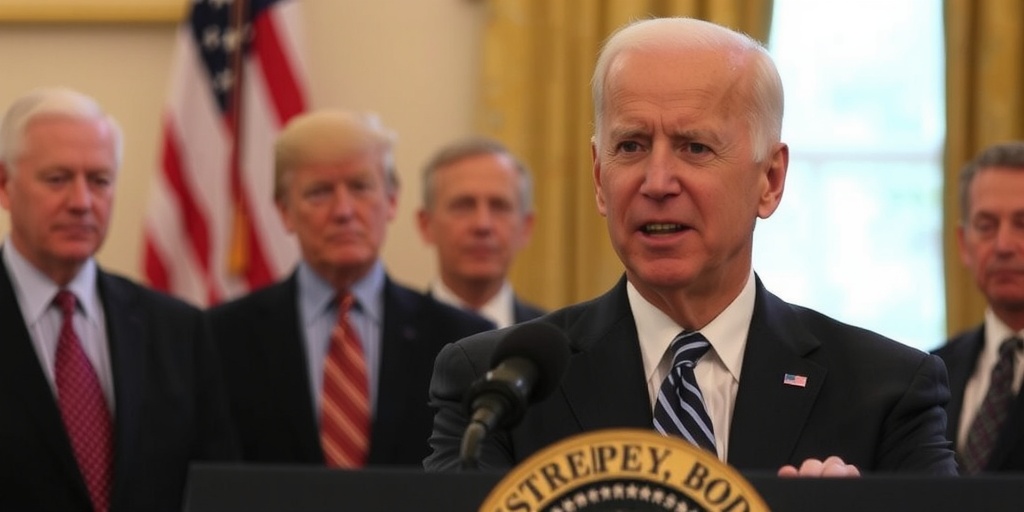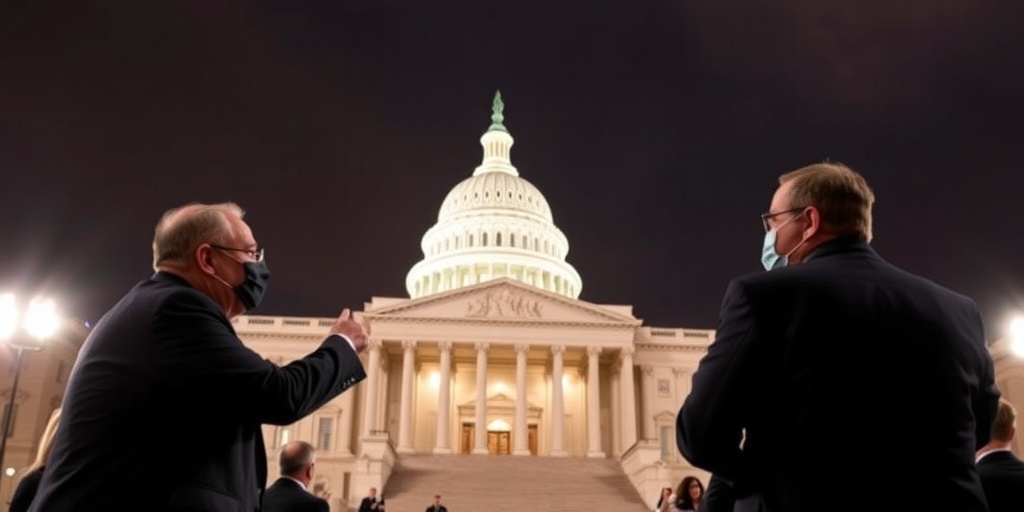Now Reading: Trump Appoints ‘Pardon Czar’ for Clemency Guidance
-
01
Trump Appoints ‘Pardon Czar’ for Clemency Guidance
Trump Appoints ‘Pardon Czar’ for Clemency Guidance

Trump Appoints Alice Johnson as ‘Pardon Czar’ to Address Criminal Justice Reform
On Thursday, President Donald Trump announced the appointment of Alice Johnson as his “pardon czar,” a position he created to assist him in addressing critical issues surrounding criminal justice reform. Johnson’s case gained widespread attention after the President commuted her life sentence during his first term, highlighting the contentious nature of many nonviolent drug convictions in the U.S. justice system.
During a White House reception celebrating Black History Month, Trump revealed Johnson’s new role to an audience of around 400 guests, including Johnson herself. Her case, which transported her from serving a life sentence to becoming a symbol of hope for many wrongly incarcerated individuals, was famously spotlighted by reality television star Kim Kardashian. Kardashian’s advocacy played a crucial role in drawing public and presidential attention to Johnson’s plight during Trump’s tenure.
Johnson is set to formalize a role that she had already been carrying out by the end of Trump’s first term. At his request, she submitted a list of individuals she believed deserved clemency. Trump’s remarks during the announcement referenced Johnson’s extraordinary journey and the challenges that she and many others faced under harsh sentencing laws. "You know, Alice was in prison for doing something that today probably wouldn’t even be prosecuted," he stated, emphasizing the outdated nature of her conviction. Her 22-year imprisonment raised serious questions about the fairness of sentences handed down to nonviolent offenders, especially among women and minority communities.
The President expressed his commitment to reform by stating, “It should not have happened,” referring to Johnson’s lengthy incarceration for nonviolent offenses. He urged Johnson to "look, and make recommendations," emphasizing his intention to consider her insights as they navigate through cases of nonviolent offenders affected by disproportionately severe sentences.
Johnson’s story is not just a plea for clemency but serves as a rallying cry for broader criminal justice reform. Her representation of nonviolent drug offenders’ struggles gained traction, particularly after a powerful video sharing her story went viral, which attracted Kardashian’s attention. In 2018, Kardashian took a bold step by personally advocating for Johnson’s release during a meeting with Trump in the Oval Office.
Before her sentence commutation, Johnson had spent more than two decades in a federal prison in Alabama. She was convicted in 1996 on charges related to cocaine possession and money laundering as part of a drug conspiracy, receiving a life sentence plus an additional 25 years as a first-time, nonviolent offender. This extreme punishment underscored the debate about the appropriateness of sentencing laws and their impact on certain populations.
Just a week after Kardashian’s visit to the Oval Office, Trump made the decision to commute Johnson’s sentence. At that time, she was 63 years old, having spent the majority of her life behind bars. By 2020, in the midst of his re-election campaign, Trump further solidified his support for Johnson by issuing a full pardon, officially expunging her conviction and allowing her to start anew.
Beyond her individual case, Johnson has also played a significant role in larger legislative movements. She was a crucial figure in promoting the First Step Act, which has been hailed as one of the most significant criminal justice reform measures in decades. This legislation aimed at reducing sentences for certain nonviolent offenses, expanding rehabilitative programs for inmates, and easing the transition to life after incarceration, reflecting a shift toward more humane policies within the justice system.
The appointment of Alice Johnson as Trump’s "pardon czar" not only highlights her incredible personal journey but also underscores the ongoing discourse surrounding criminal justice reform in the United States. Her new role symbolizes a recognition of the need to address the effects of harsh sentencing laws and to advocate for those who have suffered under an often unforgiving system. As she takes on this new book, many will be watching to see how her experiences inform the broader efforts to reform an often controversial aspect of American governance.
Stay Informed With the Latest & Most Important News
Previous Post
Next Post
-
 01New technology breakthrough has everyone talking right now
01New technology breakthrough has everyone talking right now -
 02Unbelievable life hack everyone needs to try today
02Unbelievable life hack everyone needs to try today -
 03Fascinating discovery found buried deep beneath the ocean
03Fascinating discovery found buried deep beneath the ocean -
 04Man invents genius device that solves everyday problems
04Man invents genius device that solves everyday problems -
 05Shocking discovery that changes what we know forever
05Shocking discovery that changes what we know forever -
 06Internet goes wild over celebrity’s unexpected fashion choice
06Internet goes wild over celebrity’s unexpected fashion choice -
 07Rare animal sighting stuns scientists and wildlife lovers
07Rare animal sighting stuns scientists and wildlife lovers





















